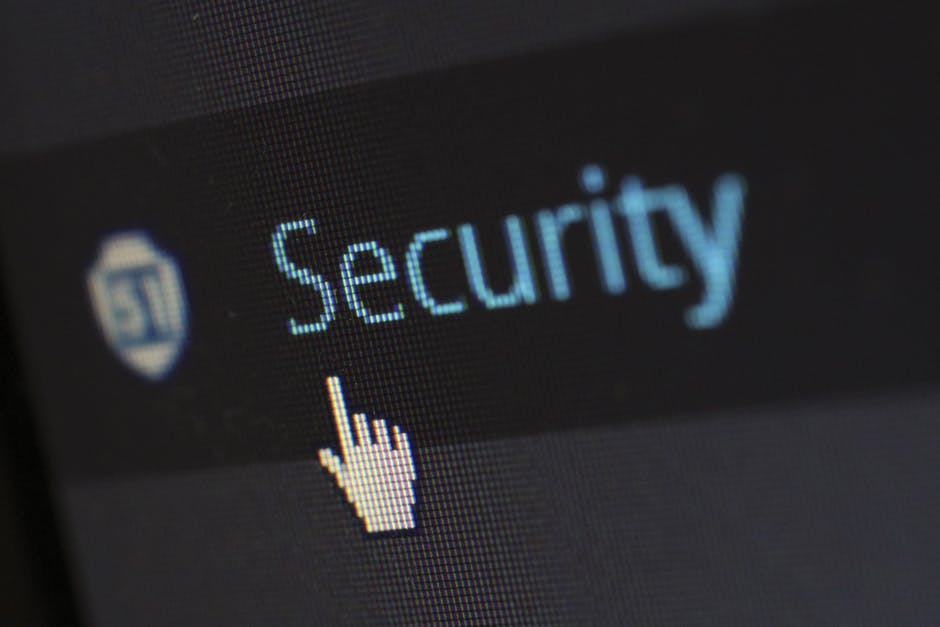Cybersecurity Tips For Small Businesses

Cybersecurity Tips – Did you know that ransomware attacks have increased by over 90%? Simply put, cybercrime is becoming more rampant than ever.
If you’re trying to run a successful business, then having data protection is essential. One breach could cause your entire company to go under.
Are you wondering what you can do to protect yourself and your employees? Keep reading for 6 cybersecurity tips for small businesses. Internet Privacy Solutions are more important than ever.
1. Have Reliable Antivirus Software
Like biological viruses, computer viruses can evolve to be even more destructive and sneaky. This is why it’s so important to have reliable antivirus software on every single computer that’s used in your business.
While there are plenty of free antivirus programs you can download, they won’t offer the kind of rigorous protection that a business requires. The old adage “you get what you pay for” definitely applies to antivirus protection.
To find the best software, it’s best to compare and contrast reviews that have been left by previous customers. You should also think about what kind of protection you need, including real-time scanning, auto-clean, auto-updates, and more.
Specific software providers might offer discounts based on the number of computers that need protection, so it’s a good idea to ask about that and other potential deals.
2. Use Strong Passwords
A password like “password123” is easy to remember, but it’s even easier for hackers to figure out. When a password is one of the only ways to protect your sensitive data, it’s crucial to come up with one that’s as powerful as possible.
The best passwords are those that have at least one symbol, one capital letter, and numbers that are not sequential. It’ll be even stronger if you can make it at least 12 characters long.
You should also avoid using the same password multiple times. If a hacker is able to get access to one account, then they’ll be able to access everything from your bank to your social media profile. This is why it’s good to have a unique password for each account.
When running a small business, it’s also a wise strategy to update your employees’ passwords every month or so.
3. Learn to Detect Phishing Scams
When it comes to data security, it’s well worth the effort to train your employees to spot phishing scams. These types of scams try to get you to click a link and enter your log-in information by appearing like a legitimate email.
The first rule of thumb is to never enter your log-in info by clicking on an external link. Always type in the URL yourself and then enter your information. That way, you know you’re on the true website.
These types of scams can look like emails from Paypal, Netflix, or even a credit card company. One thing to remember is that real emails will always refer to you by your name, not by your email handle.
Another thing to look out for is broken English, strange punctuation, and a complicated email address, such as “[email protected].”
If you suspect that you’ve been tricked by a phishing scam, it’s important to change all your passwords as soon as possible. Phishing scams have gotten more and more sophisticated, so you might have to train your employees every year or so.
4. Back Up Your Data
One of the wisest things you can do for your information security is back up all your sensitive data. A cyberattack could result in a huge loss of information that could set your business back months. Depending on the type of attack, the business could be irrevocable.
However, you can save yourself a lot of money and headaches by ensuring that everything is duplicated on a hard drive or a cloud. If you want the best security possible, then you should have both backups.
There are many security providers who can keep all your files in the cloud. This will also come in handy in case a cybercriminal steals your data and asks for a fortune in ransom money. You won’t have to pay a cent since you’ll already have the data they tried to steal from you.
5. Use a Virtual Private Network
More and more people are telecommuting to work. Not only is it safer, but it’s also convenient for many people. However, accessing a business network from home makes you much more vulnerable to cyberattacks.
Another way you can protect information is by using a virtual private network (VPN). A VPN can encrypt just about any public network, so it’s much more secure. You can even hide your location, making it appear as though your network is coming from anywhere, including California, Prague, or even Australia.
VPNs are easy to turn on and off and are worth the investment for the amount of security you get in return.
6. Don’t Forget to Update
Regular updates can feel like an annoyance, but they go a long way toward protecting your business.
Many updates include security reinforcements that you won’t want to neglect. If you take a long time to accept an update on a piece of software, cybercriminals can take advantage of the cracks in your security.
Are You Ready to Use These Cybersecurity Tips?
Now that you’ve learned all about 6 cybersecurity tips for small businesses, you can make sure you do everything to prevent a breach of sensitive data. After all, cyberattacks can do enough damage to destroy a business for good.
That’s why we’re dedicated to keeping your private information safe from cybercriminals. From your website records and email address to your age and religion, we make it so it’s up to you what information is available and what stays locked up. For instance, you might not even know that your information is readily available online on websites such as Nuwber and LexisNexis. We can also provide you with a range of online tools that you can access at any time of the day or night.
Do you have questions about our services or cybersecurity in general? Our expert team is more than willing to help you out. All you have to do is contact us, and we’ll get back to you as soon as possible.





